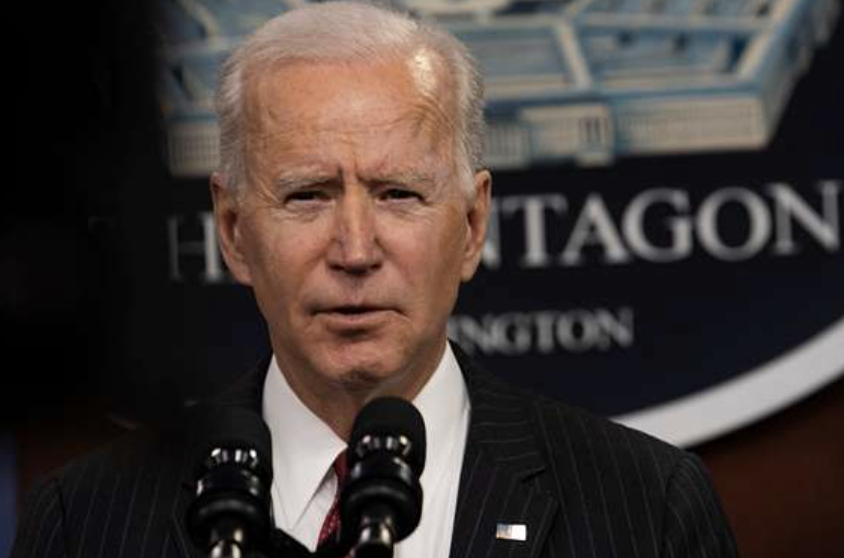Biden, Democrats Get Horrific News

New York Times columnist and former Oregon Democratic gubernatorial candidate Nicholas Kristof expressed on Saturday that cities on the West Coast are "a mess" under Democratic governance.
In his New York Times column, Kristof contended that "West Coast liberalism" prioritizes the intentions behind policies over their actual results. Consequently, deep blue states such as Oregon face significant issues with homelessness and drug use, "below-average" high school graduation rates, and rising murder rates, as reported by Fox News.
"But liberals like me do need to face the painful fact that something has gone badly wrong where we’re in charge, from San Diego to Seattle," Kristof began his column, pointing out that the West Coast offers "a version of progressivism that doesn’t result in progress."
Kristof, whose 2021 gubernatorial bid in Oregon was halted by the Oregon Supreme Court due to eligibility concerns, clarified that this problem is not widespread within liberalism. He cited examples where Democratic states outperform Republican ones, suggesting that his critique was not against liberalism in its entirety.
"Democratic states enjoy a life expectancy of two years longer than Republican states. Per capita G.D.P. in Democratic states is 29 percent higher than in G.O.P. states, and child poverty is lower. Education is generally better in blue states, with more kids graduating from high school and college," he claimed.
"The gulf in well-being between blue states and red states is growing wider, not narrower," he said, leading him to conclude, "So the problem isn’t with liberalism. It’s with West Coast liberalism."
He highlighted significant issues in California and Oregon, noting that these problems do not exist in blue states on the East Coast.
"The two states with the highest rates of unsheltered homelessness are California and Oregon. The three states with the lowest rates of unsheltered homelessness are all blue ones in the Northeast: Vermont, New York and Maine. Liberal Massachusetts has some of the finest public schools in the country, while liberal Washington and Oregon have below-average high school graduation rates."
Kristof pointed out that mental health services for youth have declined in West Coast blue states, while they have improved in states on the opposite end of the country. He also mentioned that drug use has risen in the West but decreased in the Northeast. Additionally, he observed a similar trend with murder rates, which are increasing in the West and dropping in the Northeast.
He then proposed some theories as to why Democratic leadership seems "less effective on the West Coast," stating, "My take is that the West Coast’s central problem is not so much that it’s unserious as that it’s infected with an ideological purity that is focused more on intentions than on oversight and outcomes."
"Politics always is part theater, but out West too often we settle for being performative rather than substantive," he wrote.
Fox further noted:
Kristof provided examples, like the fact that Oregon took money from an already “tight education budget” to put tampons in boys’ restrooms in elementary schools, “including boys’ restrooms in kindergartens.”
He also mentioned Portland setting up the “Portland Freedom Fund,” a volunteer group that pays bail for people of color. He explained how it paid bail for a man after he was arrested for allegedly threatening the life of his girlfriend. Once he got out of jail, he murdered the woman.
Kristof continued, writing that despite inspiration from Critical Race theorists like Ibram X. Kendi, West Coast leaders have "impeded home construction in ways that made cities unaffordable, especially for people of color."
"We let increasing numbers of people struggle with homelessness, particularly Black and brown people. Black people in Portland are also murdered at higher rates than in cities more notorious for violence, and Seattle and Portland have some of the greatest racial disparities in arrests in the country," he wrote.
"I think intentions and framing can matter, but it’s absolutely true that good intentions are not enough. What matters is improving opportunities and quality of life, and the best path to do that is a relentless empiricism," Kristof said.
He concluded: "We need to get our act together. Less purity and more pragmatism would go a long way. But perhaps the first step must be the humility to acknowledge our failures."